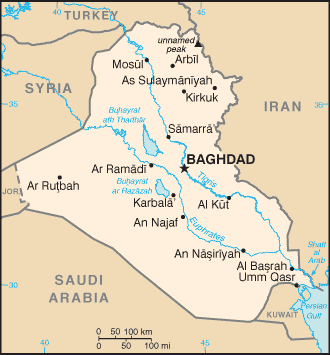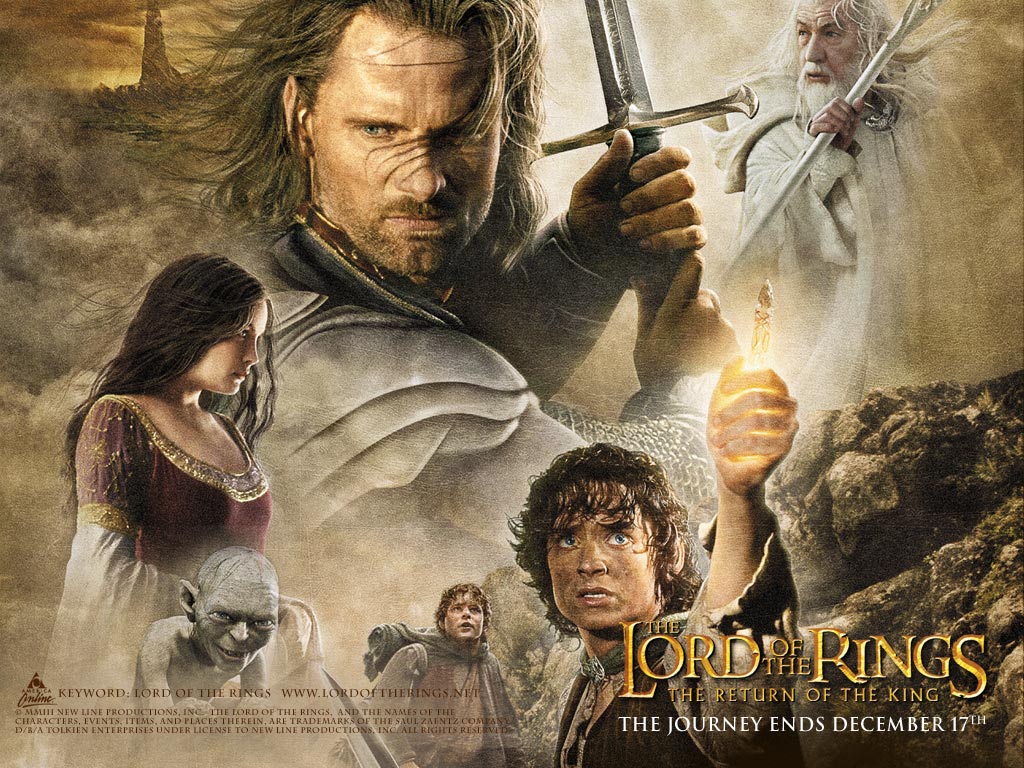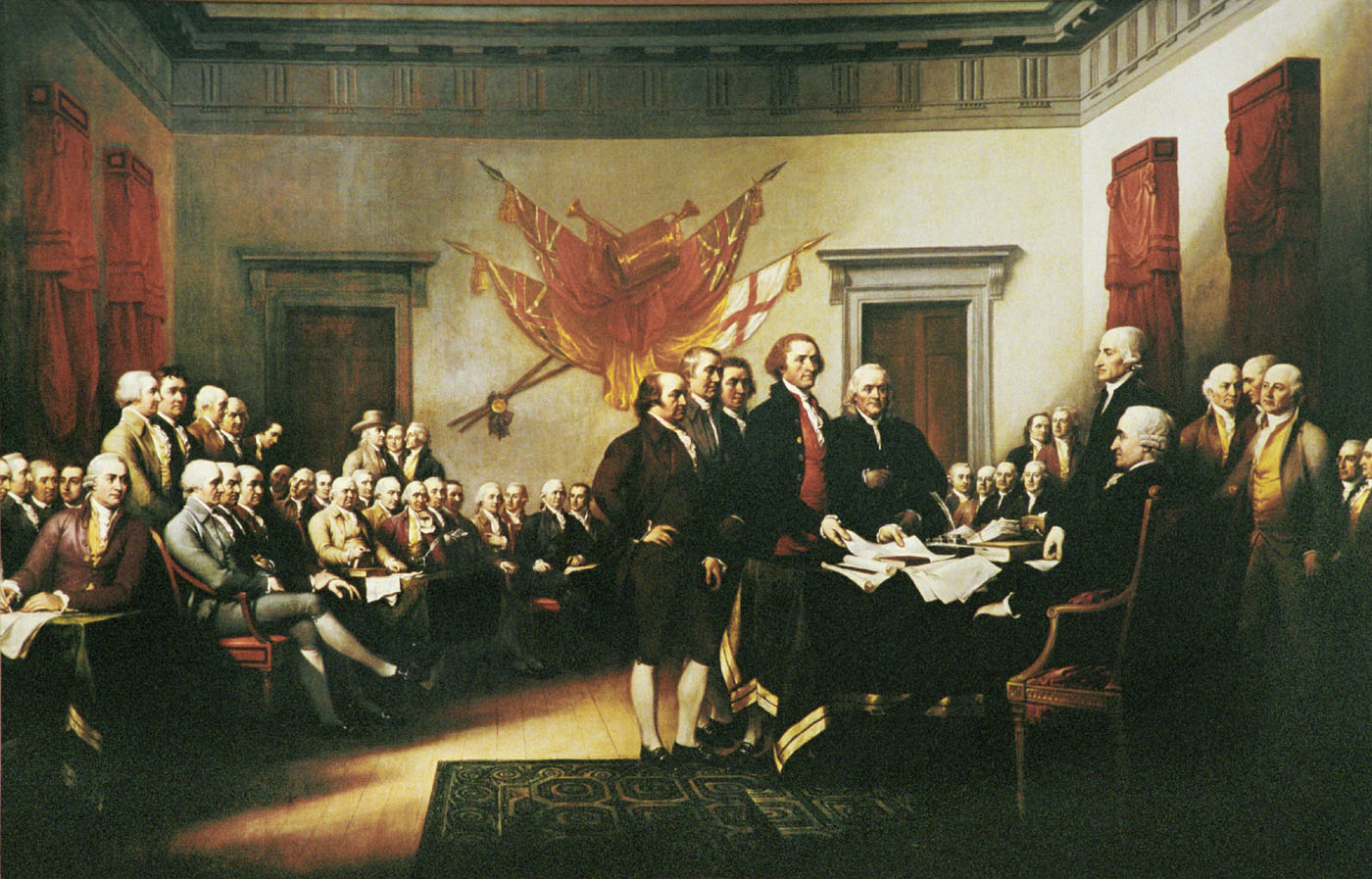I’ve been delaying continuing the economic empire talks with the Middle East. We’ve been traveling geographically as opposed to chronologically. But the Middle East is probably the most significant region in this game because of one single resource--oil. And it still affects the world today. Oil, like gold, became a way of valuing currencies and a symbol of wealth and real power, quite honestly. But oil was even more valuable because it is use in most products today--plastics, composites, chemicals, computer parts, etc.
After WWII, oil company executives worked to convince the Congress and the president to save our domestic oil supplies and rather go after oil in other parts of the world. So working with UK and European companies, they obtained tax breaks and incentives to ensure they maintained domination of global petroleum supplies.

Well, at the same time, we were entering the Cold War with Russia labeled as the enemy (and vice versa). Why I bring this up is that in every geopolitical move in the latter half of the 20th century, the America empire used Communism and the USSR as the excuse or reason or threat. This is normal in most empires if you study history. So let’s look at how it plays into Iran.
IRAN
The 1951 Time magazine man of the year was the democratically elected Mohammed Mossadegh who wanted his people to share in more of the profits from the oil companies. So he nationalized a British petroleum company. Both England and the US did not like this but thought that military action would cause the USSR to act. So instead of the marines, CIA agent Kermit Roosevelt (Theodore’s grandson) was sent in. With a few million dollars he organized violent demonstrations that overthrew Mossadegh. He was replaced by the CIA with Mohammed Rez Pahlavi, known as “the Shah,” the despotic partner of the oil companies. So a democratically elected president was replaced by a despot, but because this despot was good for big oil we were ok with it. (this will later change)
(By the way, this led to EHMs because Roosevelt was successful, but if he had been caught that would have been very bad for the US because he’s a US government agent. EHMs are contractors and work for other groups, so it’s less sticky and incriminating)

Reason #1 - Why Some Middle Easterners Don’t Like Us (there are many)
1. The Iranian people, to this day in 2010, have never forgotten this and never forgave the US. This includes other countries in the region. (I honestly believe this is why it’s hard for them or their politicians to believe the US when we say certain things. Do you blame them?) There are political scientists who believe if the US had, instead, encouraged Iran to apply oil revenues toward social services for his people and had supported him, democracy might have been encouraged to grow in the region and much of the violence in the region might have been prevented.
Well, the country’s debt increased as the corporatocracy grew, says John Perkins. Factories for our products were increasingly located in other countries. And foreign creditors (people from whom we took out loans in other countries) wanted to be repaid in gold. The Nixon administration responded by revoking the gold standard in 1971. This is a little hard to understand, but if these foreign creditors (people to whom we owed money in other countries) switched to other currencies (switched to some non-US dollar currency), the US would have to repay the loans at the value that the loan had relative to gold when the debt was incurred. But the US didn’t have the money to do this; they would go bankrupt. Or the US Mint could print a bunch of money and devalue the dollar in an effort to pay, but who wanted to do that? So the goal was to make sure the world kept accepting the dollar as the standard currency. And Nixon and Kissinger and his team figured out a way to do this.
SAUDI ARABIA
First, Israel decided to launch pre-emptive attacks aimed at Jordanian, Syrian, and Egyptian troops along its borders; this became the Six-Day war in 1967. Many think this was Israel’s determination to protect its borders. After the week, Israel’s land holdings had quadrupled, of course, at the expense of people in the West Bank, Golan Heights (Syria), Sinai (Egypt), and East Jerusalem.

Reason #2
2. Arabs were angry by the loss and frustrated. They knew that Israel needed US financial/military and political support and could not have succeeded, otherwise. I always thought Washington’s motives were Israel, but I’m learning that Washington had more self-focused motives than that.
It’s time for Chess. Watch this.
Secondly, Egypt and Syria, in response I believe, attacked Israel simultaneously in 1973 on Yom Kippur (the holiest of Jewish holidays)
Egyptian President Anwar Sadat asked Saudi Arabian King Faisal to act against the US by using “the oil weapon.” On October 16, Saudi Arabia along with 4 other Arab nations and Iran joined in announcing a 70% increase in the price of oil.
On October 19th, Nixon asked Congress to approve $2.2 billion in aid to Israel.
The next day, Saudi Arabia led Arab oil producers in a total embargo of oil to the U.S.
By January 1974, the selling price of Saudi oil was nearly 7 times its price 4 years earlier. There were long lines of cars at gas stations around the country. People thought the economy was on the verge of collapse.
And the last move belongs to Nixon and the U.S. By giving the aid to Israel, they purposely engineered a situation (the embargo) that was conducive for their next move.
The U.S. Treasury department contacted MAIN and other contractors with EHMs. Their mission was two-part: 1) formulate a plan to ensure that OPEC would funnel all the US money spent on oil right back to the US and 2) establish a new “oil standard” to replace the gold standard
And they did it. John Perkins was one of the EHMs who engineered this through trips to Saudi Arabia. The House of Saud agreed to 1) invest a large portion of its petrodollars in US government securities, 2) allow the US Treasury Department to use trillions of dollars in interest from these securities to hire U.S. corporation to westernize Saudi Arabia, and 3) maintain the price of oil within acceptable limits (acceptable to corporatocracy). Then get this: Saudi Arabia (biggest oil producer in the world) also agreed to trade oil exclusively in U.S. dollars. Now oil replaced gold as the measure of a currency’s value; the dollar reigned supreme.
Reason #3 (and there are many)
I’m quite amazed the House of Saud even agreed to this, but let’s face it. They were put in power by the British and weren’t looking after the needs of their people. But this deal which the Nixon administration masterminded quite well angered one person--Osama bin Laden, a Saudi millionaire who would go on to coordinate and chiefly execute 9/11.
LEBANON
Skipping much of its history, it was the Lebanese Republic in 1926, formed by the French, but when France gave allegiance to Nazi-controlled Vichy government, German supplies moved through to Iraq to fight the British. It won it’s independence in 1944 on January 1st. A National Covenant was adopted by the prominent two leaders of the Christian and Muslim communities. The only problem is that the covenant gave power according to a 1932 census (12 years ago) in which Christians were 54% of the population. The covenant said the president would a member of the majority, Maronite Christian, the prime minister would be a member of the Sunni population and the speaker of the legislature would be Shi’a. This angered many Arabs who felt that, in fact, in 1944 the Muslims outnumbered the Christians.
Everyone was told that the atrocities committed against the Jews warranted the creation of a state. And everyone agrees, that they deserve better and should be given a state. Sadly, for the state to be created in 1948, many Palestinians had to give up their homes and people fled into Lebanon and other Middle Eastern countries. This influx is why people believed there were more Muslims (there were).

Reason #4
People think or thought that Israel was sort of footstool for the U.S., a type of armed station in the Middle East for the US, and now Lebanon was being groomed by keeping the Christians in power.
A Muslim rebellion occurred in 1958. Washington accused Moscow and attributed it to communist threats even though Syria backed the rebellion more than the U.S.S.R. Eisenhower sent troops in.
Reason #5
People realize that the U.S. was willing to protect such interests militarily. This had an impact on Muslims throughout the region.
IRAQ
I said this already, but let me repeat this one. See if it sounds familiar. In the 50’s and 60’s there was a popular Iraqi president, President Abdul Karim Qasim. He grew more bold with the U.S. and the U.K. and wanted more profits shared with his people. He threatened to nationalize the oil. Economic hit men were sent to Iraq, but it didn’t work. So then a young Saddam Hussein was part of team that was hired to assassinate Qasim. Their attempt failed; Saddam was shot and fled to Syria. Kennedy then ordered the CIA to join the MI6 to finish the job. They executed Qasim on Iraqi TV by a firing squad. Saddam came back and placed as head of national security and his second cousin became president.
I’m skipping a lot here, but Iran was promoted as a model of Christian-Muslim cooperation, and EHM’s offered the shah’s government as an alternative to those in Russia, Libya, China, Korea, Cuba, Panama, Nicaragua, etc. In selling this government, EHM’s focused on the facts that the shah broke up large private land holdings and gave them to peasants which ushered in socioeconomic reforms. John Perkins believes it was subterfuge for increasing the shah’s power and creating hegemony in the Middle East. More EHM contractual work was done in Iran after 1974.
Well, the ayatollahs deposed the shah. So we now had new leaders in Iran who were not sympathetic to our geopolitical interests: they expelled our oil companies, attacked the US embassy, and took hostages. Washington supported Saddam’s war against Iraq. We gave Saddam weapons, billions of dollars. We built chemical plants which Bechtel knew would be used for chemical weapons (like mustard gas and sarin) to kill Kurds, Shi’a rebels and Iranians. We trained his military and gave him conventional weapons and tanks. We pressured the Saudis and Kuwaitis to lend him $50 billion.
The Iranian-Iraqi war ended in 1988 with more than a million dead. US military suppliers and contractors profited greatly from the war. Oil prices were high. But Saddam, with the 2nd largest deposits in the region (behind Saudi Arabia) kept refusing to accept a similar deal to the Saudis. Saddam would have received U.S. protection as well as more supplies of chemicals and weapons. But he kept refusing. So he then became an enemy (or Iraq became an enemy) and jackals were sent in. But Saddam was hired by us in the 1980s and he understood CIA methods. The way you assassinate someone is to conspire with bodyguards. Saddam screened his bodyguards very carefully and rigorously and he employed doubles and look-alikes so the bodyguards never knew if they were guarding the right one. Since EHMs failed and jackals failed, only the military was left.

Reason #6
Bush Sr. sent in the military in 1991 (remember Saddam invaded Kuwait). They didn’t want to kill him, just reduce or hurt his military thinking so he would come around. EHMs worked on him afterwards; Saddam still would cut no deals to aid US companies and economic interests. The 2nd Bush went in and deposed and killed Saddam. Islamic militants were enraged by this especially when we all saw there was no tie or link to 9/11. People understood the influence of the Christian Right and the Israeli lobby in trying control the region, oil supplies, and transportation routes.
Since Medieval times, it seems Arabs have wanted Europeans (and now Americans) to stay away and to be able to turn their government as they see fit. Many Arabs see the American empire of the 2nd half of the 20th century as something similar to the empire building of the Crusades during the Middle Ages. So one resentment feeds the other.
Time or space doesn’t permit to continue and talk about issues like the Suez Canal, for instance, or the 1978 Camp David Peace accords in which Egypt and Israel had to earmark a large portion of the money received from the US for purchasing US military equipment. Our system thrives on the manufacture of arms, a hugely profitable business (around $900 billion a year) involving France, Russia, China, U.K., and Brazil as major players. The issues are complex here, but the name of the game is quite old in time. I’d like to take a trip to Africa to see how such empire building may have ravaged the beloved continent.



















